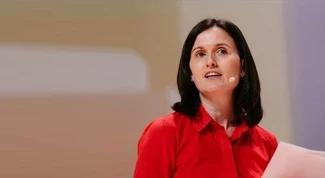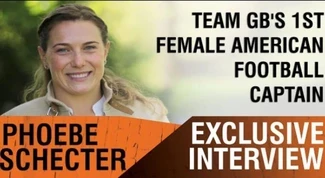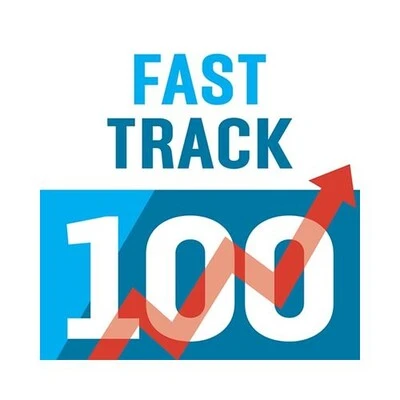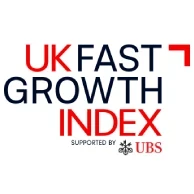Jamil Qureshi is a highly influential practitioner of performance-enhancing psychology, who has worked with a diverse range of high-profile clients. From Formula 1 to Lloyd’s banking group, Jamil helps teams reach their full potential through his change and performance programmes. Jamil has seen success at every level of the corporate and sporting worlds, he is an expert in teamwork, leadership and the winning mindset.
In this exclusive interview with Champions' Director Jack Hayes, Jamil shares his career highlights, what he believes constitutes a successful team and the difference between psychology in sport versus business.
As a driver of high-performance strategy, Jamil readily shares his psychological expertise through transformative keynote speeches and workshops. Said to ‘perfectly blend psychological theory and practical reality’, Jamil will leave your audience well-equipped with the tools to succeed.
Q: Tell me about when you worked with the European Ryder Cup Winning Team?
“I was very fortunate to work with the European Ryder Cup team in 2006 at the K club. It was great fun because I knew a lot of the players anyway, I worked with a lot of the players who got selected for the team. My role was to be there for the players, so I would have one to one with each of them, and we’d talk about the things which were personal to them.
“Some needed maybe more focus, some people needed less focus - maybe they were concentrating too hard or trying too hard. Some people needed to create a new perspective around what they were trying to achieve that week.”
Q: Could you also tell me about when you worked with Premiership football clubs?
“I've worked with three premiership football teams, all three have come to see me when they're in the bottom three. I only really go and see premiership teams when they need some help, and they're really the only clubs I've worked with. But I work with players from many of the clubs, at the moment I'm working with footballers from Liverpool Football Club, Manchester City, Manchester United.”
Q: What makes a great team?
“Lots of things make a great team and all teams are different. It's funny, sometimes you think, ‘here are the five key components to a great team’, and you see that in one team, which is great, but you also see five different other components in another team, which is great. I think that the only thing I really notice great teams have in common, be it in sport or business, is a clarity of purpose.
“In business, I always say that purpose maximisation will always drive profit maximisation. So I always think the route to great performance, be it in sport or business, is to make sure that people are aligned, make sure of the clarity in what success looks like, and making sure that people are chasing their passion more than their pension, making sure that we're all engaged in the right thing in the right way.”
Q: What are you most proud of?
“It's very difficult to be most proud of anything because I have such variety in my work - I'm really lucky. Having worked with very good musicians, and with NASA astronauts, blue-chip companies and very successful sports teams, there's such variety that it's almost hard to compare them. Success in one area isn't necessarily comparable regarding success with another client. So, I think what I'm most proud of is the variety of my work.”
Q: What is the difference between psychology in sport and psychology in business?
“The difference between psychology in sport and psychology in business is negligible. I don't think there's anything in it. I think that some of the CEOs I've worked with and some of the best golfers, all have the same fears, insecurities, anxieties, hopes and ambitions and we’re all people.
“I think that sometimes people refer to me as a sports psychologist or a business psychologist, but I don’t ever believe I'm either. I just say I do psychology and performance coaching because the techniques and tools are the same for sportspeople and business people.”
Q: Do you think the fear of failure inhibits success?
“I think the fear of failure is a big inhibitor to success. I always say that fear stands for false evidence appearing real. We spend half of our lives worrying about things, half of which will never happen, but particularly fear of failure. But failure is a part of payment towards success. I always say that the price of success is always paid in full and in advance. I think sportspeople probably know that better than businesspeople.
“You can't learn faster and better than your competitors in business or sport if you're not prepared to fail. So, the key is to embrace the fear of failure and understand that failure is an essential component to success, to allow people a learning opportunity.”
Book Jamil Qureshi
To book Jamil Qureshi for your event contact the Champions Speakers agency on 0207 1010 553 or email us at [email protected] for a free quote.









